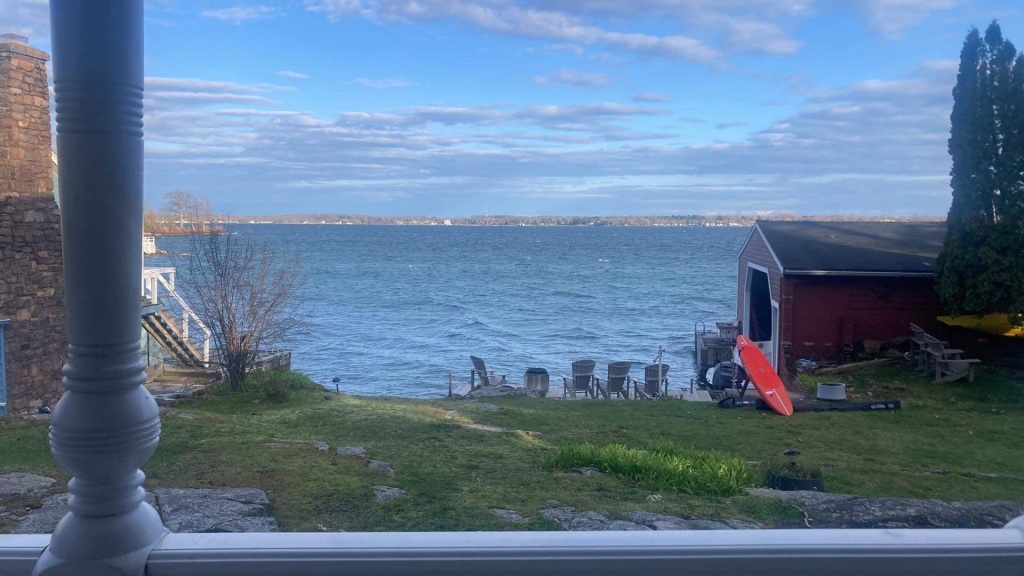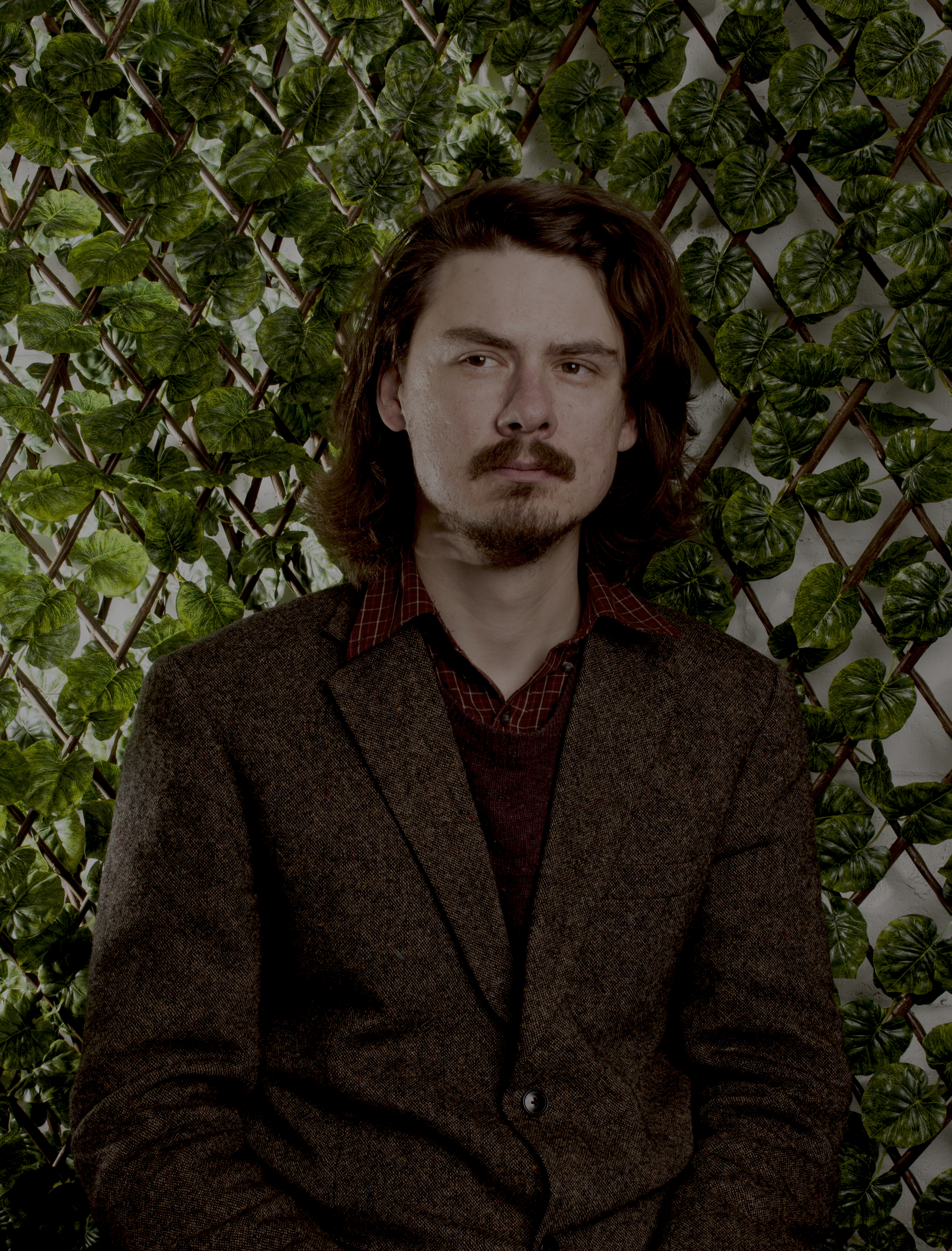The Quiet, Invisible Labor of Unlooming Reality
After a major life rupture, a schism in which all I’ve been working for for the past year has been pulled out from under me, I am given to wondering why notions of self-sufficiency seem to surround me like flies on a days-old sandwich. Why, suddenly, the notion of whether I’m capable of taking care of myself is called into question, drops front and center out of the sky, and lands at my feet like the stone of Sisyphus, as if my responsibility went beyond what I myself could control.
On the flip side, it’s no wonder, that during these times, the poetry I am writing, coming from a deep place of hurt, complex in its intertwining themes of madness, love, loss, and rejection, seems to resonate with people who are going through similar things.
Friends are made that way, rather, I might say ‘family,’ given that such a thing exists outside the bloodline. In these moments, it is clear to me, that the quiet labor in which I’m engaged, on an emotional and artistic level, but also on the level of community, serves a deep, necessary purpose. My life has meaning!
This quiet labor is unpaid, and often invisible to those around me whose lives are not in upheaval, for whom that labor serves no immediate need. If not invisible, this labor is sometimes seen as a distraction from the pressures of daily life: finding a job, making a plan, maintaining a home. These pressures are exacerbated by the worry of those around me, who hate to see me angry, upset, and frustrated at my situation. Another kind of pressure tamps down and weighs on my day-to-day, given my outsider status and location as neurodivergent and queer. I would say that it comes from the supposed inside, an external imposition of internal affairs, from the norm. The assumption is that I am broke because I cannot take care of myself, that I struggle due to some inadequacy, some inability to fulfill my own basic needs; that my needs have not been met due to a lack of effort on my part.
Needless to say, after a rupture like the one I’ve been experiencing of late, and actively struggling to recover from, my financial situation, precarious to begin with, in that I am a poet and improvising musician by trade (neither pays very well), is up in the air.
That people want my success and stability says much about their perception of reality as stable to begin with. Paul Celan once wrote, “Reality is not. It must be fought for and won.” With genocide in Gaza funded by the very government that promised to rid us of the fascist scourge of Donald Trump and his allies, and Europe on what looks like the brink of a wider war, not to mention the greater Middle East, where does one turn for that very stability that is promised from simply adhering to society’s status quo?
If we can’t question what our basic reality is founded on, what happens when the much greater rug is pulled out from under us, I won’t say collectively, but as numerous components of a very human race? If there’s one thing I can learn from what could be considered a relatively insignificant upheaval in my own personal life, it’s how the unimaginable struggles others are undergoing, in parts of the world where reality resembles a waking nightmare, might have something to teach me about that slippery, ‘given’ nature of western reality, one that I might otherwise take for granted.
The cries for Palestinian liberation, including, and clearly not limited to those being heard now from students at Columbia, Bard, The University of Michigan, The New School, and other institutions around the U.S., resonate much more deeply with me, when the fabric of my own personal reality has unraveled to a certain degree.
“Do not compare,” warns the Russian-Jewish poet Osip Mandelstam, writing over fields of tilled black earth, in 1937, from his exile in Voronezh, after being ratted out for reciting an epigram denouncing Stalin at a private gathering. “What has held out against oxidation / and adulteration, burns like feminine silver, / and quiet labor silvers the iron plow, / and the poet’s voice” [Selected Poems of Osip Mandelstam, transl. Clarence Brown, & W. S. Merwin, NYRB]. From where I stand, looking out over the St. Lawrence River, my interim home, I trust my honesty more deeply. Waves hurtle green upon the rocks. The sky changes rapidly here.



